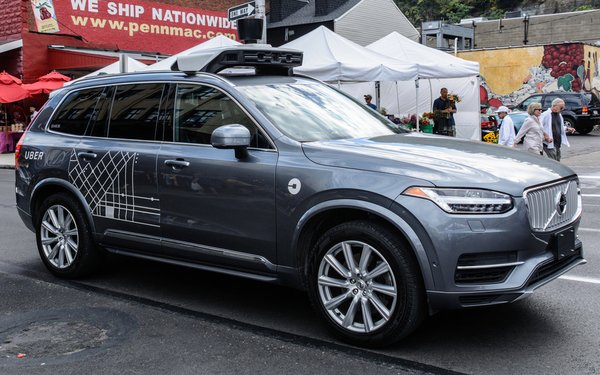
Uber is ending
its self-driving operations in Arizona following the death of a pedestrian hit by an Uber car operating in autonomous mode there in March.
Immediately following the accident, Uber grounded its
self-driving cars in Phoenix, San Francisco, Pittsburgh and Toronto. Others, including Toyota and two Boston companies, Nutonomy and Optimus Ride, temporarily also halted their trials at the time.
“We’re committed to self-driving technology, and we look forward to returning to public roads in the near future,” an Uber spokesperson told the AI & IoT Daily. “In the
meantime, we remain focused on our top-to-bottom safety review, having brought on former NTSB Chair Christopher Hart to advise us on our overall safety culture.”
Late last year Uber
signed a deal with an estimated $1.4 billion to buy up to 24,000 Volvo vehicles for autonomous driving and Uber is not alone. Alphabet’s Waymo recently announced it was adding up to 20,000
Jaguars to its fleet of self-driving cars and Apple reportedly has increased its fleet of self-driving cars to more than 50.
Uber is testing other forms of unmanned vehicles, having recently
received governmental approval to begin testing food delivery by drone.
advertisement
advertisement